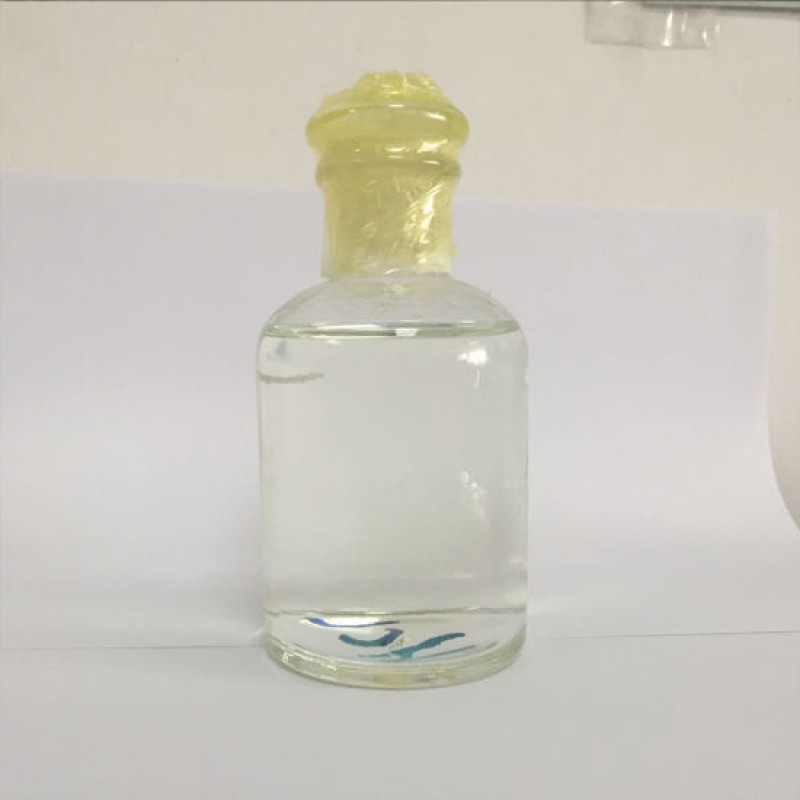ইথাইল অ্যালকোহল কীসের জন্য ব্যবহৃত হয়? ইথাইল অ্যালকোহল এবং আইসোপ্রোপাইল অ্যালকোহল সাধারণত জীবাণুনাশক এবং অ্যান্টিসেপটিক হিসাবে ব্যবহৃত হয়। উভয় অ্যালকোহলই 60 শতাংশের বেশি ঘনত্বে ব্যবহার করা হলে জীবাণু মেরে ফেলতে কার্যকর, তবে কিছু প্রমাণ রয়েছে যে ইথাইল অ্যালকোহল আপনার ত্বকের জন্য কম ক্ষতিকর।
Ethanol is widely used in all kinds of products with direct exposure to the human skin (e.g. medicinal products like hand disinfectants in occupational settings, cosmetics like hairsprays or mouthwashes, pharmaceutical preparations, and many household products). Contradictory evidence about the safety of such topical applications of the alcohol can be found in the scientific literature, yet an up-to-date risk assessment of ethanol application on the skin and inside the oral cavity is currently lacking.
The first and foremost concerns of topical ethanol applications for public health are its carcinogenic effects, as there is unambiguous evidence for the carcinogenicity of ethanol orally consumed in the form of alcoholic beverages. So far there is a lack of evidence to associate topical ethanol use with an increased risk of skin cancer. Limited and conflicting epidemiological evidence is available on the link between the use of ethanol in the oral cavity in the form of mouthwashes or mouthrinses and oral cancer. Some studies pointed to an increased risk of oral cancer due to locally produced acetaldehyde, operating via a similar mechanism to that found after alcoholic beverage ingestion.
In addition, topically applied ethanol acts as a skin penetration enhancer and may facilitate the transdermal absorption of xenobiotics (e.g. carcinogenic contaminants in cosmetic formulations). Ethanol use is associated with skin irritation or contact dermatitis, especially in humans with an aldehyde dehydrogenase (ALDH) deficiency.

Login To Comment